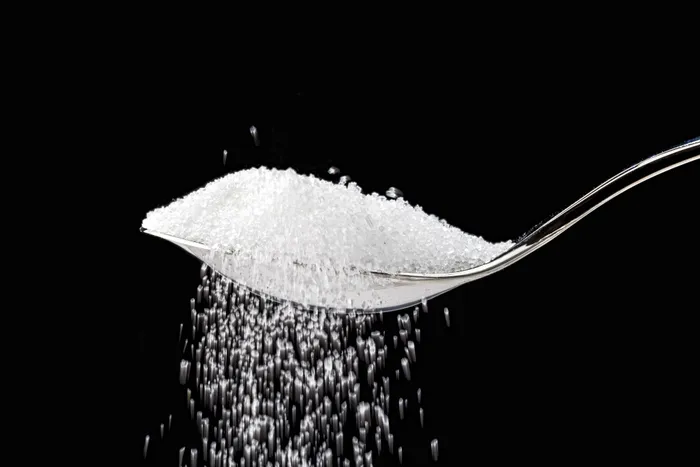
SA Canegrowers' latest analysis of figures released by SA Revenue Service reveals that 153 344 tons of heavily subsided imported sugar entered South Africa between January and September.
Image: File
More than 70 000 South Africans have now pledged to use only locally produced sugar as part of the SA Canegrowers’ Save Our Sugar campaign in response to rising sugar imports that threatens industry's livelihoods.
“This groundswell of public support is heartening, and every single consumer’s commitment makes a difference. But the threat persists. We are still tracking sugar imports at levels with no precedent in recent history,” said Higgins Mdluli, the chairman of SA Canegrowers.
The country’s 27 000 small-scale and 1 100 large-scale growers cannot endure an uneven playing field indefinitely, the organisation said.
"Already this year, the drop in sales of local sugar equates to losses of R684 million and counting for the industry. A continuation of this dire situation, along with the pressures from rising input costs and the sugar tax, may well result in many small- and large-scale farmers exiting the industry in the coming years," it said.
SA Canegrowers' latest analysis of figures released by SA Revenue Service reveals that 153 344 tons of heavily subsided imported sugar entered South Africa between January and September this year. As a comparison, over the same period in 2020 South Africa imported just 20 924 tons, whilst the previous highest level of imports was 2024 at 55 213 tons for the same period.
"South Africa’s sugarcane growers produce more than enough sugar to meet local demand, so imports are not required," SA Canegrowers said in a statement on Thursday.
It said this year, two factors combined to create a perfect storm for an industry that supports over a million South African livelihoods. Major sugar-producing countries subsidise their local production, and at times also subsidise the export of excess sugar to the global market. This leads to heavily distorted prices on the global market. In addition, South African import tariff regulations were slow to respond to the low world sugar price this year, with late adjustments of existing tariffs to offset the low prices of imported sugar. This tariff delay meant that unprecedented amounts of foreign sugar flooded into South Africa.
SA Canegrowers warned that failure to act will lead to job losses, farm closures, and a weakening of rural economies that have underpinned Mpumalanga and KwaZulu-Natal for generations.
BUSINESS REPORT